detail profile helga g c3 b6ring
Peran Yang Di Mainkan Helga Göring
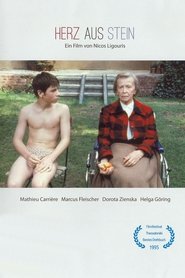 Wolfgang 13 lives on the street One...
Wolfgang 13 lives on the street One...Herz aus Stein 1995
Wolfgang (13) lives on the street. One night, by chance, he finds the head of a statue for which a large reward is being offered. To collect the reward, he goes to the specified address - a beautiful, old house on the outskirts of the city - and meets with an elderly woman. Because of the unexpected beauty and tranquillity of his surroundings, Wolfgang keeps quiet about the statue head, and stays. But things soon start to change, because the old woman, although mute and tied to a wheelchair as a result of a stroke, suddenly begins to behave strangely, she wants something from him ...
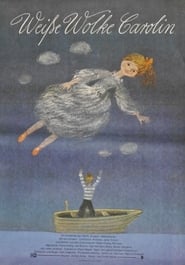 Its no big secret that twelveyearold...
Its no big secret that twelveyearold...White Cloud Carolin 1985
It's no big secret that twelve-year-old Hannes is in love with his classmate Carolin, who he compares to a beautiful white cloud in the sky. But when Carolin spends most of her time exploring the village's history with Benno, Hannes becomes increasingly jealous of his rival. The only person who is happy about this situation is Kerstin, who is in fact interested in Hannes. In order to impress Carolin, Hannes takes her and several others out for a boat ride in the nearby Bay of Greifswald, but his plan takes a deadly turn as a storm approaches.
 The school authorities want to read...
The school authorities want to read...Der Direktor 1980
The school authorities want to read success stories in director Joachim Faber's reports. But they cannot simply be produced on an assembly line. Pupils, for example, use the wrong tone. The matter draws circles until the superiors finally talk about refusal to work. Director Faber is caught between the efforts to resolve the conflict with pedagogical means and the pressure from above.
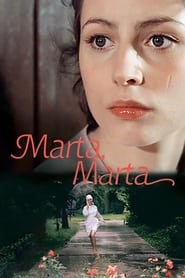 East Berlin late 1970s Because she...
East Berlin late 1970s Because she...Marta, Marta 1979
East Berlin, late 1970s: Because she doesn't really have any particular career aspirations, Marta becomes a nurse. And since true love is a long time coming, the 17-year-old seduces Monty, the young man next door. Then there are her parents' marital problems. Marta is in the middle of the exciting trials of growing up.
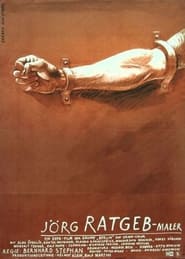 On the eve of the German...
On the eve of the German...Jörg Ratgeb, Painter 1978
On the eve of the German Peasants' Revolt, painter Joerg Ratgeb is occupied by a crisis of his own: finding a model for a Christ figure. He sets off on a journey to consult with his artistic role model, Albrecht Dürer. Although Ratgeb has always tried to stay out of the political conflict, his journey brings him face-to-face with peasant revolutionaries and the brutality and violence of their daily lives.
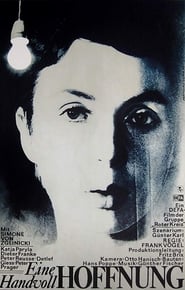 Berlin at the end of the 1940...
Berlin at the end of the 1940...Eine Handvoll Hoffnung 1978
Berlin at the end of the 1940s. Anneliese Weyher is working as a switchboard operator. She is living with her aunt after losing her parents in the war – a stroke of fate that has thrown the young woman off course emotionally. Indifferently, she is doing her work; her private life consists of an affair with a black-marketeer. Even when Anneliese witnesses an armed robbery, committed by infamous Wollnick and his gang, she stays lethargic and apathetic – she keeps silent instead of helping the inspector who is a friend of her aunt. It is not until Anneliese by coincidence meets her former lover, the watchmaker Kurt, that her life seems to take a positive turn.
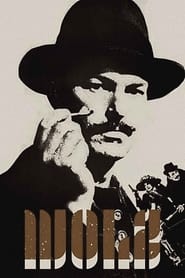 Soldier Ignaz Wolz returns from WWI...
Soldier Ignaz Wolz returns from WWI...Wolz – Life and Transfiguration of a German Anarchist 1973
Soldier Ignaz Wolz returns from WWI with an immeasurable hatred of capitalist war profiteers. He decides to start his own revolution, but tries to stay away from the organized class struggle. He steals from the rich men and divides the wealth among the poor. One day, Wolz is arrested and sentenced to life in prison; seven years later he is released due to mass protests. More than ever, it is hard for him to fit in. He severs ties with his former companions, who reject his ideas, and leaves Germany.
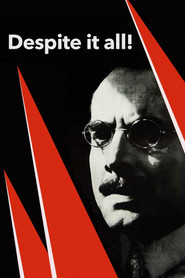 October 1918 Karl Liebknecht is released from...
October 1918 Karl Liebknecht is released from...Despite It All! 1972
October 1918: Karl Liebknecht is released from prison and Berlin workers celebrate his release. Although WWI is almost over, the German Kaiserreich in vain sends its last reserves to the slaughter. The working class is in a rebellious mood; the uprising of Kiel’s sailors against war and militarism sets off a call for revolution led by Liebknecht. On November 9, Liebknecht declares the Free Socialist Republic of Germany. But pro-Kaiser military and right wing Social Democrats oppose him.
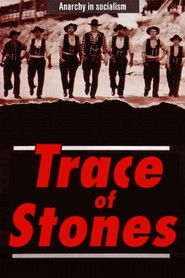 Bad planning and shortages prevail on...
Bad planning and shortages prevail on...Trace of Stones 1966
Bad planning and shortages prevail on an East German construction site. Foreman Hannes Balla uses unconventional methods to overcome the problems. New Socialist Unity Party secretary Werner Horrath is charged with bringing the rough-and-ready builder crew into line. The task seems doomed to fail as the two men compete for the affections of young engineer Kati Klee. But when she gets pregnant by married man Horrath, he is in danger of being expelled from the party, and Balla takes his side...
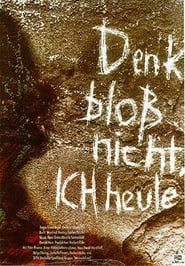 Highschool senior Peter considers the adults...
Highschool senior Peter considers the adults...Just Don't Think I'll Cry 1965
High-school senior Peter considers the adults around him to be hypocritical, self-congratulatory, and immersed in the past. He gets suspended for writing an essay that his teachers consider to be a challenge to the state. Just Don't Think I'll Cry became one of twelve films and film projects-almost an entire year's production-that were banned in 1965-1966 due to their alleged anti-socialist aspects. Although scenes and dialogs were altered and the end was reshot twice, officials condemned this title as "particularly harmful." In 1989, cinematographer Ost restored the original version, and this and most of the other banned films were finally screened in January 1990. Belatedly, they were acclaimed as masterpieces of critical realism.
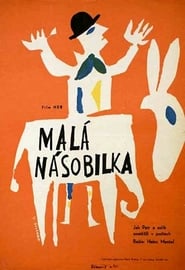 Peter is unwilling to learn the...
Peter is unwilling to learn the...Peter und das Einmaleins mit der Sieben 1962
Peter is unwilling to learn the multiplication tables at school. He would rather work as an acrobat at the circus, just like his friend Susanne. When the class plans a trip to the circus, Peter is supposed to buy the tickets. Since he miscounts and buys one ticket less than needed, he cannot join his schoolmates. Susanne, however, comes up with an idea and lets him work in the circus arena where he is supposed to check on the arithmetic problems of a numerate donkey. When Peter fails to control the donkey, he feels deeply ashamed and has to assess that math is needed in all parts of life.
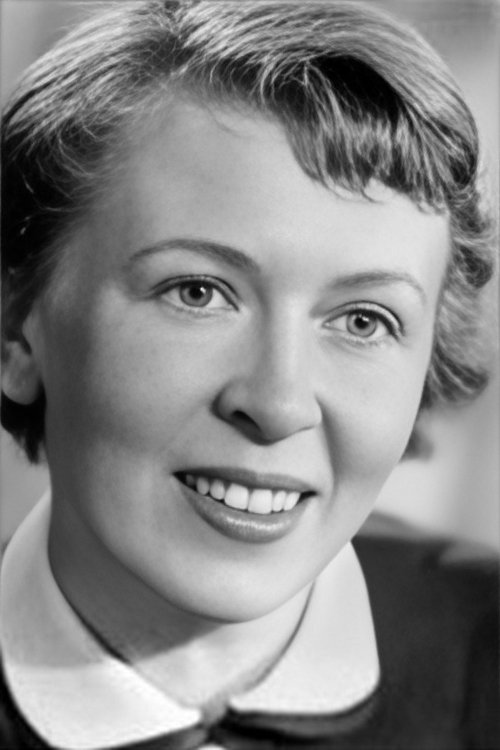
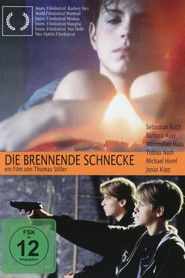 In this grim German drama a...
In this grim German drama a...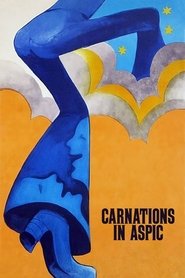 A commercial artist with a lisp...
A commercial artist with a lisp...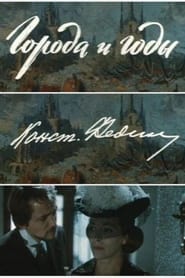 Soviet war drama
Soviet war drama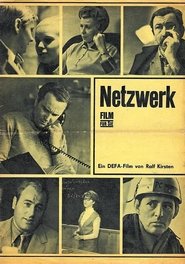 Film by Ralf Kirsten
Film by Ralf Kirsten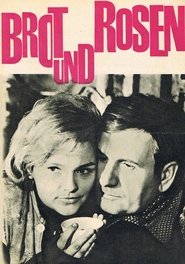 Film by Thiel and Brandt
Film by Thiel and Brandt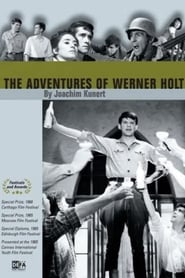 Two 17yearolds Werner Holt and Gilbert...
Two 17yearolds Werner Holt and Gilbert...
